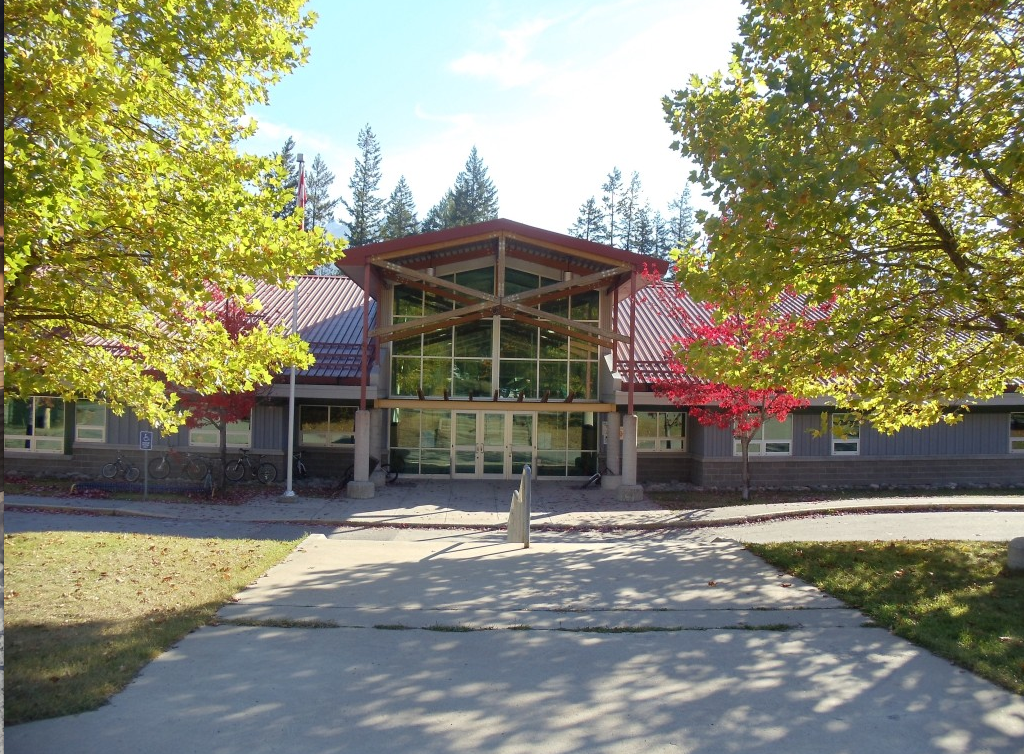
Rural schools are vital, says Kaslo principal Dan Rude
Rural schools are vital — it’s difficult to imagine a rural community prospering without offering its children access to an adequate school.
This fact was hammered home at a open house on February 24th in Trail hosted by Linda Larson, Secretary of State responsible for rural education in BC and several Ministry of Education staff.
Ms. Larson and her accompanying team heard from approximately three dozen people in attendance, ranging from several Southern Interior district superintendents to long-time rural teachers, from local community leaders to interested members of the public.
Issues raised at the Trail gathering included:
— The importance of understanding the difference between “rural” and “remote.”
— The fact that remote rural schools in small communities play a much larger role than simply providing local children with an educational opportunity — they often serve as de facto community centres, places where residents gather for recreational, cultural, and health-related activities in the absence of any other appropriate facilities.
— Transportation — specifically the need to bus students long distances in sometimes difficult conditions — is a common challenge, one that presents rural districts with significant costs, and can both inconvenience and sometimes threaten children forced to travel long distances to and from school, in sometimes dangerous conditions..
— The lack of sufficient trained staff, and the worry that a recent Supreme Court ruling will make it increasingly difficult for rural districts to retain and attract new qualified staff.
— A lack of high-speed Internet connectivity, and the absence of robust, curriculum-specific content suitable for use in rural and First Nations school settings that would make it possible to help address the challenge of small school populations combined with the aforementioned lack of sufficient qualified staff.
— A failure to recognize both the societal importance of ensuring remote, rural communities remain viable, and the very real additional costs rural districts face in providing their staff and students with adequate resources and training opportunities.
Ms. Larson responded with an assurance she understands these concerns and is fighting hard to convince her government colleagues how important it is to positively, concretely address these issues in the context of a new provincial rural strategy.
Against this backdrop, this interview with Kaslo’s J.V. Humphries School principal Dan Rude, who has lived and worked in rural communities whose schools have been under threat of closure, is both timely and informative. Mr. Rude discusses some of the challenges — and advantages — of rural education generally.

